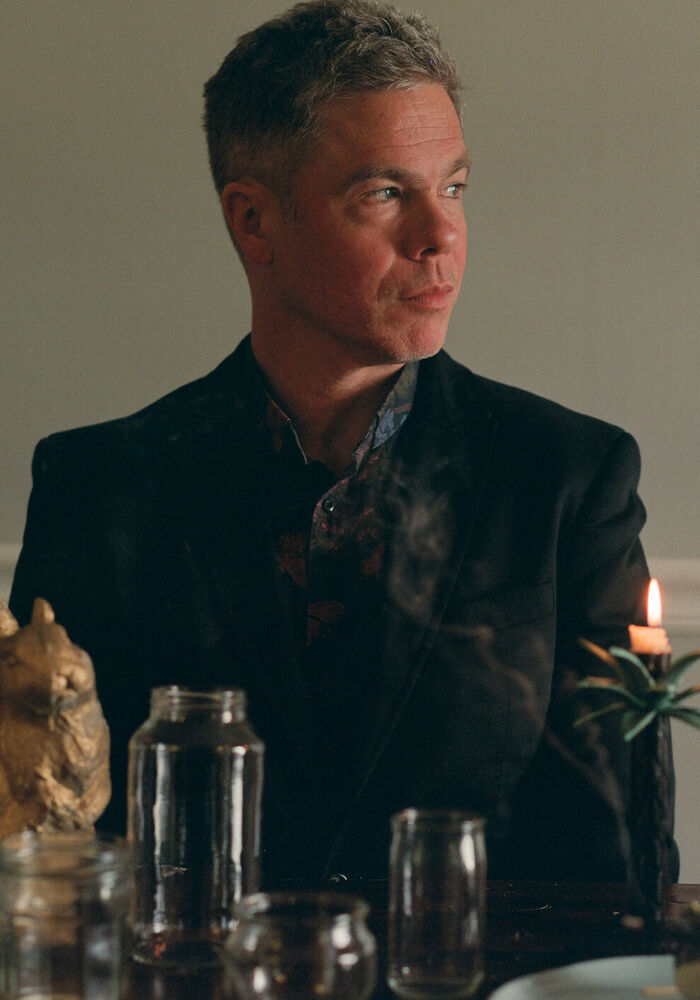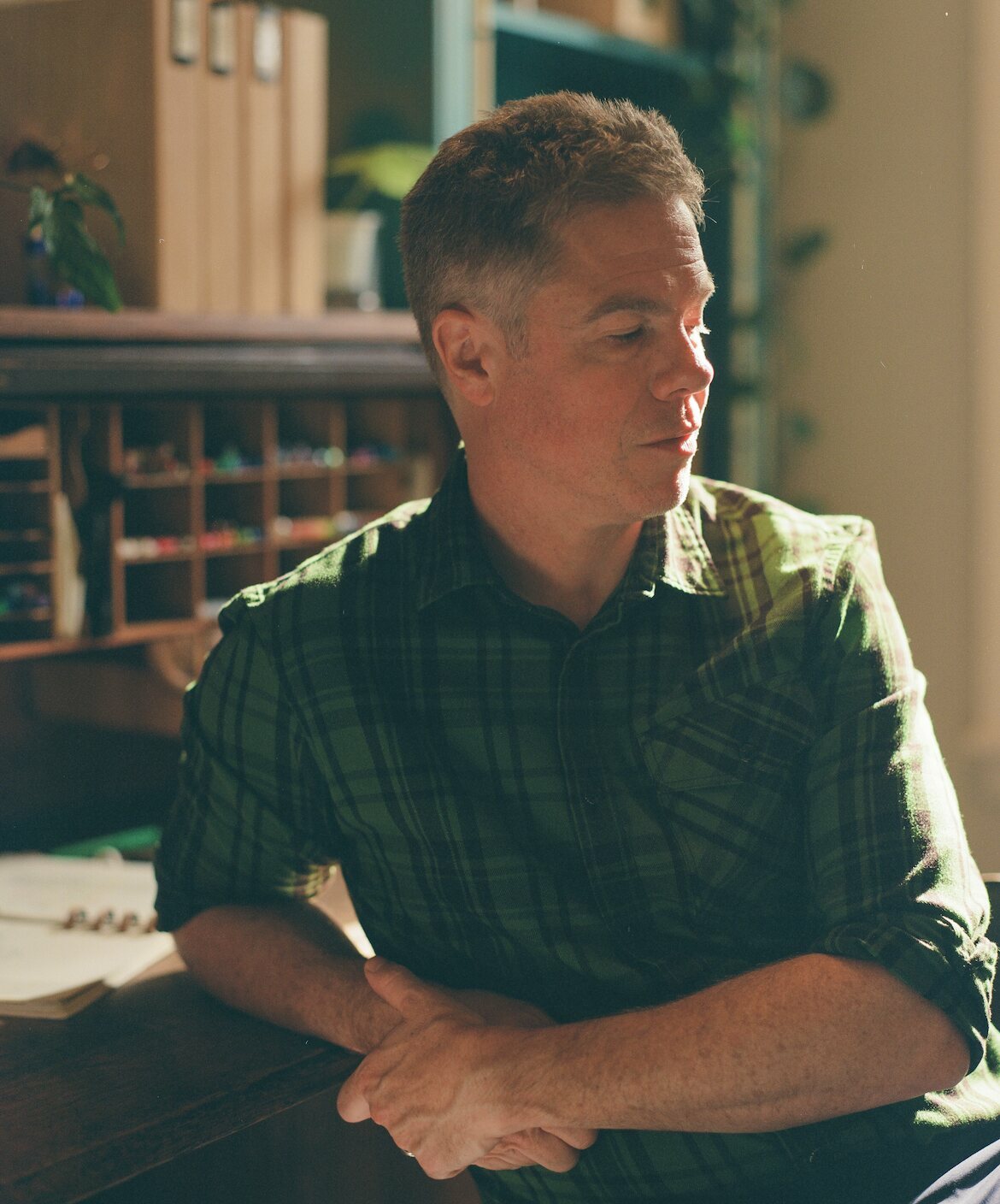Josh Ritter, singer, songwriter, and novelist has spoken to Headliner about the making of his new album Spectral Lines, the art of writing novels, and how embracing uncertainty has made him a better artist.
Ever since the release of his self-titled debut album in 1999, Josh Ritter has established himself as something of a polymath. And a prolific one at that. His consistent musical output has seen him push and pull his sound in a variety of different directions, from minimalist homespun folk to his unique brand of melancholy Americana. His latest outing, Spectral Lines, in many ways finds Ritter expanding his horizons further still, adding rich, atmospheric textures to his sonic palette, while lyrically his exploration of themes such as anxiety, uncertainty and loss render it one of the most person additions to his catalogue.
As is ever the case with Ritter, he has also been funnelling his creativity into numerous other projects, namely writing and releasing The Great Glorious Goddamn of It All – the follow up to his 2011 debut novel Bright’s Passage – working on screenplays, painting, and creating music for all manner of future, as yet unspecified, projects.
Headliner caught up with the man himself for an in-depth look at the circumstanced that shaped Spectral Lines, his approach to writing novels, and why he refuses to to stand still for a second creatively…
Tell us about the origins of Spectral Lines. How did the record first start to take shape?
I’ve always written songs with the idea that they’re going to go on a record and that I’ll share them somewhere, but with this record I was done with the last record and then the pandemic happened. Not only was it immediately unclear as to when we’d be able to play live again, but we didn’t even know if we’d be able to get to a studio to record. It was like, here’s something that has killed my way of life. So, the songs I was writing were written without the assurance they would ever be shared. That was a very cushioned and careful and interesting place to start writing a record from. It was a bit like how I wrote my very first songs, without knowing what would become of them. It was a place of unsureness and a lot of nerves, like everyone e was feeling.
Did you channel that sense of uncertainty and anxiety into the album?
I don’t think I consciously channelled it because so much of what I do is about erasing the marks – you put a lot of work into a song and try to get it just right, and then you erase the symbols of effort around it, you polish it up. That whole time, besides the pandemic raging and there being no vaccine yet, and my mum was dying at that time, in the midst of all that I was looking for connection with people. It was so hard and so different. Although I didn’t deliberately put it into the music it’s all over it. I see it everywhere.
The record was produced by your long-standing collaborator Sam Kassirer. How did you in a manage to work together, given the period in which the album was written?
Once the vaccine happened Sam and I got into a studio. He’s amazing. With his help I laid down some very basic backbone tracks of the songs and then we used the fact that we were all stuck indoors as a plus, with Sam sending those tracks onto a load of different people who I was really excited to work with. Some really great players added to the tracks and that’s how we built them up until we were all able to be in a room together.
Tell us about working relationship with Sam. What does he bring to your work?
I met Sam when he was still in college. He was studying in New York and my friend said you have to meet this guy, he’s great. I met him and loved his playing and invited him to come to France with me to play on my record Hello Starling. He left school during that time, was still doing his homework every morning and then came and played some unbelievable music on Hello Starling. Over the course of that time, I got to know him and he was starting to write and record his own sounds. Over the course of our relationship, he bought a place in Maine and turned it into a studio, and we recorded a whole bunch of records up there. And each time we’ve recorded he’s got new tools in his tool belt.




